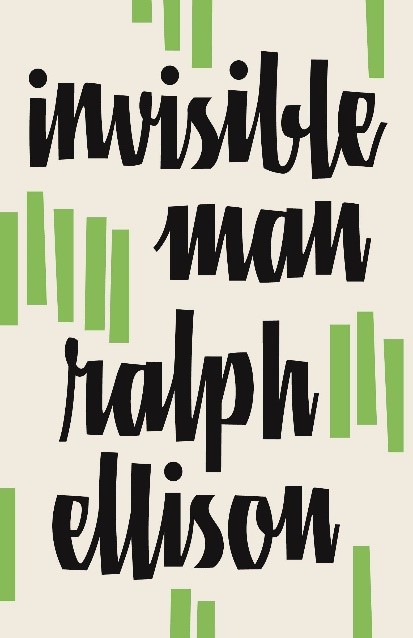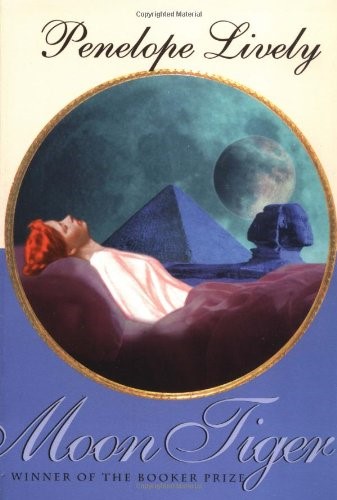National Book Award Winners
National Book Award Winner 2020

Interior Chinatown
by Charles Yu
Willis Wu doesn’t perceive himself as the protagonist in his own life: he’s merely Generic Asian Man. Sometimes he gets to be Background Oriental Making a Weird Face or even Disgraced Son, but always he is relegated to a prop. Yet every day, he leaves his tiny room in a Chinatown SRO and enters the Golden Palace restaurant, where Black and White, a procedural cop show, is in perpetual production. After stumbling into the spotlight, Willis finds himself launched into a wider world than he’s ever known, discovering not only the secret history of Chinatown, but the buried legacy of his own family.
National Book Award Winner 1992

All the Pretty Horses
by Cormac McCarthy
The story of John Grady Cole, who at 16 finds himself at the dying end of a long line of Texas ranchers, cut off from the only life he has ever imagined for himself. He escapes to Mexico with friends, but what begins as a comic adventure, leads to a place where dreams are paid for in blood.
National Book Award Winner 1953

Invisible Man
by Ralph Ellison
The book’s nameless narrator describes growing up in a black community in the South, attending a Negro college from which he is expelled, moving to New York and becoming the chief spokesman of the Harlem branch of “the Brotherhood”, before retreating amid violence and confusion to the basement lair of the Invisible Man he imagines himself to be.
Booker Prize Winners
Winner of the Booker Prize 2020

Shuggie Bain
by Douglas Stuart
This is the unforgettable story of young Hugh “Shuggie” Bain, a sweet and lonely boy who spends his 1980s childhood in run-down public housing in Glasgow, Scotland. Thatcher’s policies have put husbands and sons out of work, and the city’s notorious drugs epidemic is waiting in the wings.
Shuggie’s mother Agnes walks a wayward path: she is Shuggie’s guiding light but a burden for him and his siblings. Agnes finds increasing solace in drink, and she drains away the lion’s share of each week’s benefits—all the family has to live on—on cans of extra-strong lager hidden in handbags and poured into tea mugs. Agnes’s older children find their own ways to get a safe distance from their mother, abandoning Shuggie to care for her as she swings between alcoholic binges and sobriety. A heartbreaking story of addiction, sexuality, and love, Shuggie Bain is an epic portrayal of a working-class family that is rarely seen in fiction.
Winner of the Booker Prize 2000

The Blind Assassin
by Margaret Atwood
The novel begins with the mysterious death—a possible suicide—of a young woman named Laura Chase in 1945. Decades later, Laura’s sister Iris recounts her memories of their childhood, and of the dramatic deaths that have punctuated their wealthy, eccentric family’s history. Intertwined with Iris’s account are chapters from the scandalous novel that made Laura famous, in which two illicit lovers amuse each other by spinning a tale of a blind killer on a distant planet. These richly layered stories-within-stories gradually illuminate the secrets that have long haunted the Chase family, coming together in a brilliant and astonishing final twist.
Winner of the Booker Prize 1987

Moon Tiger
by Penelope Lively
Claudia Hampton, writer of best-selling popular history books, lies in a London hospital bed. She looks back on her own life, including an unforgettable love affair and imagines writing a history of the world. Moon Tiger ends up becoming her own history, the life of a strong, independent woman, with its often contentious relations with family and friends. And at its core is her curtailed affair with Tom, a British tank commander whom Claudia knew as a reporter in Egypt during World War II.
Nobel Prize
Nobel Prize for Literature 2020

Louise Glück
Wild Iris: Bound together by the universal themes of time and mortality and with clarity and sureness of craft, Louise Glück’s poetry questions, explores, and finally celebrates the ordeal of being alive.
Nobel Prize for Literature 2010

Mario Vargas LLosa
The Feast of the Goat: Haunted all her life by feelings of terror and emptiness, forty-nine-year-old Urania Cabral returns to her native Dominican Republic – and finds herself reliving the events of l961, when the capital was still called Trujillo City and one old man terrorized a nation of three million. Rafael Trujillo, the depraved ailing dictator whom Dominicans call the Goat, controls his inner circle with a combination of violence and blackmail. In Trujillo’s gaudy palace, treachery and cowardice have become a way of life. But Trujillo’s grasp is slipping. There is a conspiracy against him, and a Machiavellian revolution already underway that will have bloody consequences of its own.
Mario Vargas Llosa recounts the end of a regime and the birth of a terrible democracy, giving voice to the historical Trujillo and the victims, both innocent and complicit, drawn into his deadly orbit.
Nobel Prize for Literature 1938

Pearl S. Buck
The Good Earth: Travel to 1920s China, a time when the last emperor still ruled and the sweeping changes of the twentieth century were distant rumblings, with this timeless, evocative classic tale of the honest farmer Wang Lung and his family as they struggle to survive in the midst of vast political and social upheavals.



